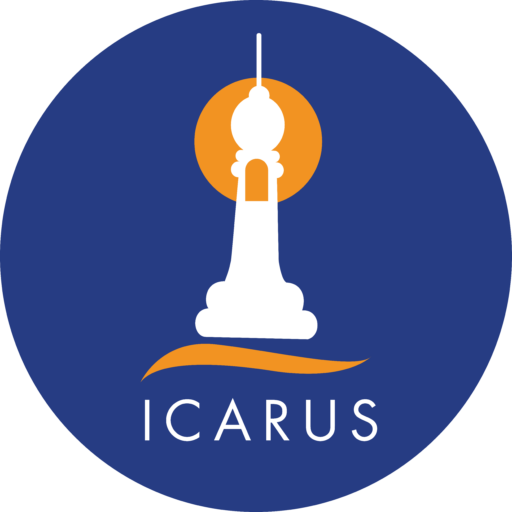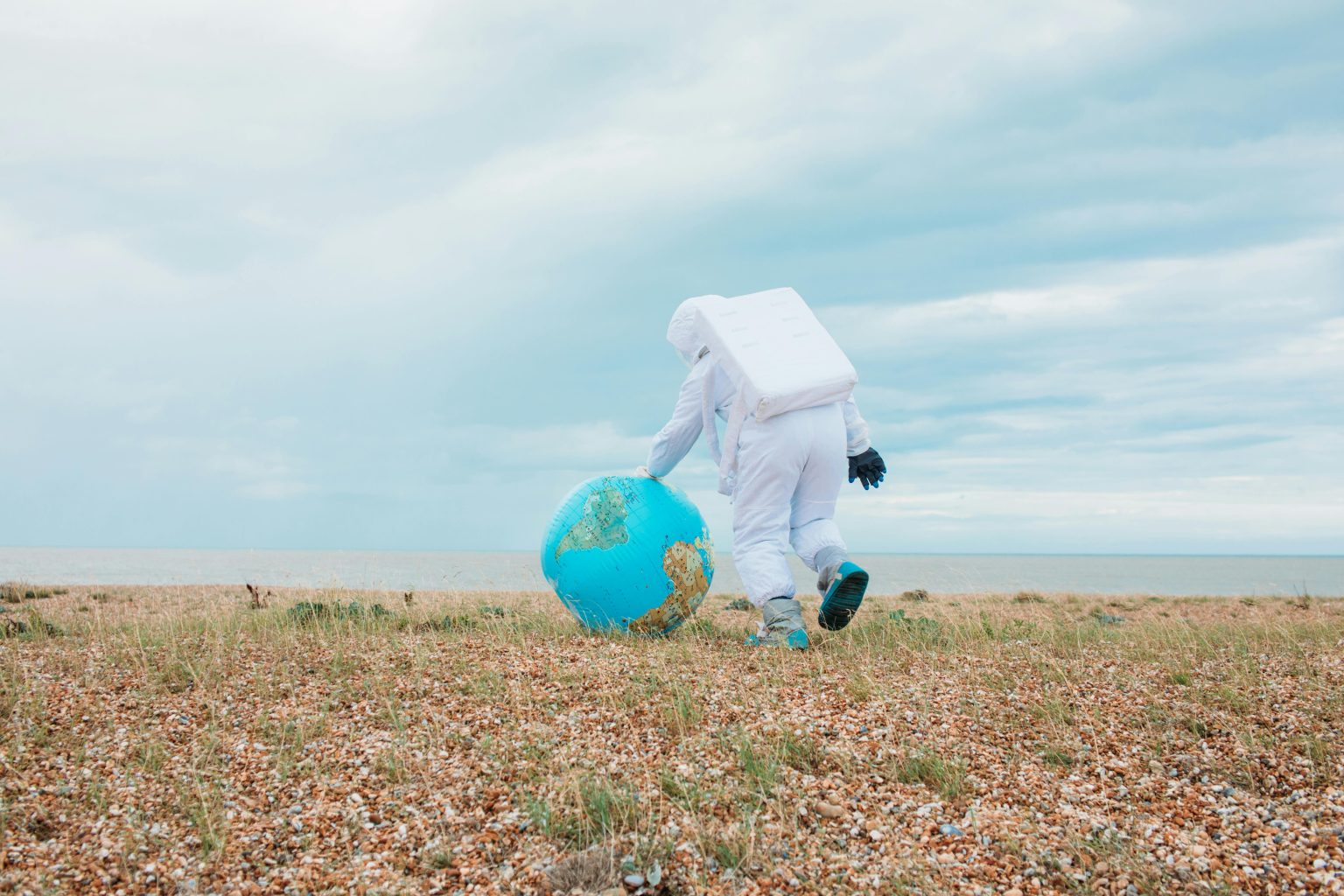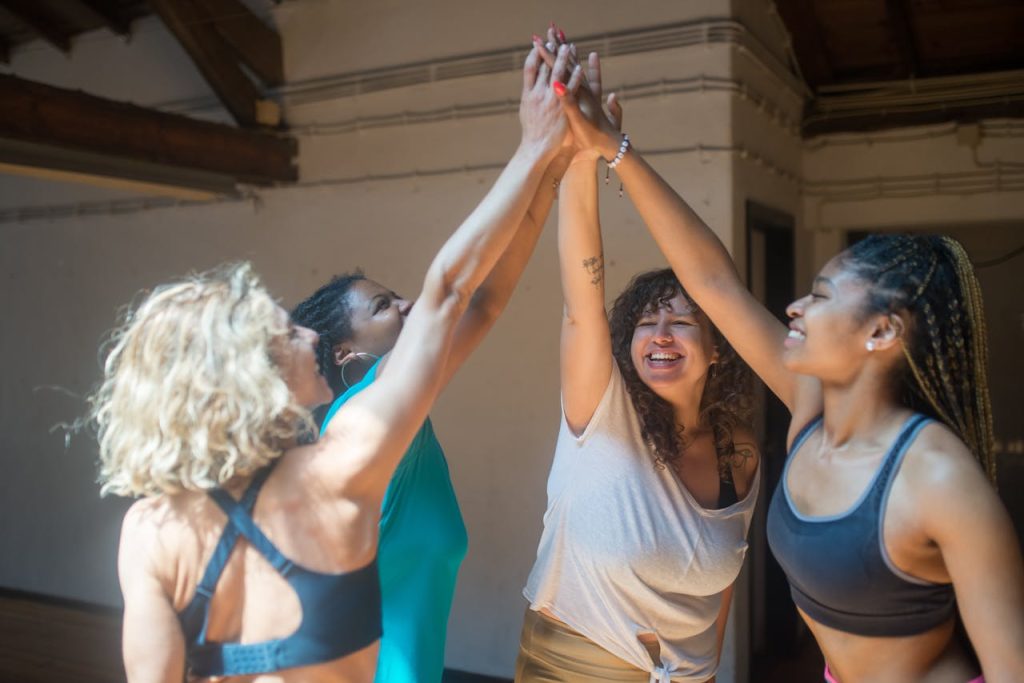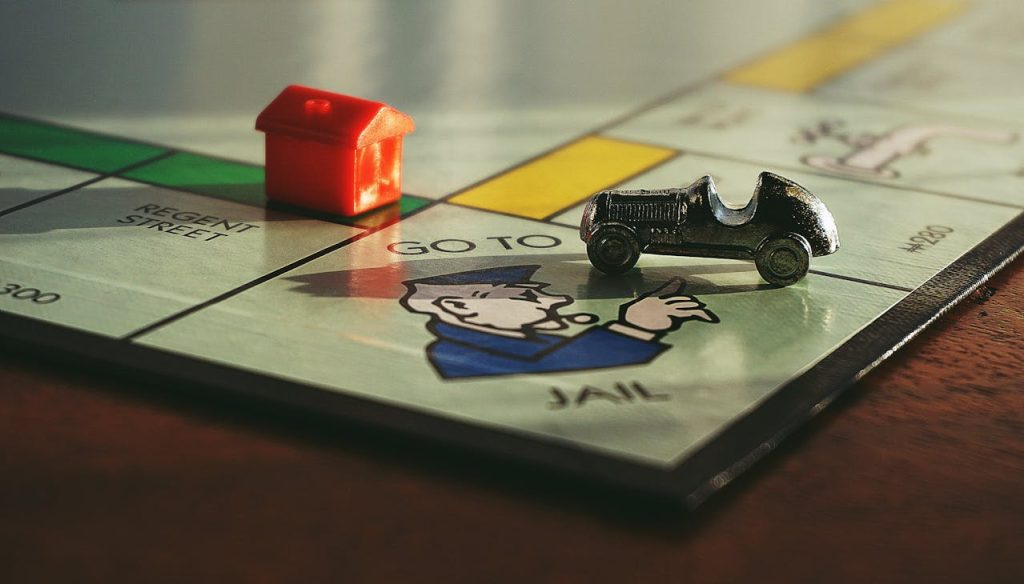Every educational act is a wager—not on performance, achievement, or final outcomes, but on something deeper and more fragile: possibility. The possibility to understand, to change, to see the world—and oneself—in different ways. To educate is not merely to instruct; it is to open a space where something new can happen. And this opening is, perhaps, the most concrete form of hope.
In high-complexity educational contexts—such as those marked by incarceration, marginalization, or social fracture—education is not limited to providing tools. Its role is not merely to “recover,” “reintegrate,” or “compensate.” First and foremost, it serves to imagine other futures. As Maxine Greene (1995) suggests, it is through imagination that we can see the world as it could be, not just as it is. Education thus becomes the space where the “not yet” becomes thinkable.
Freire (1970) reminds us that every authentic educational process is an act of liberation: it gives voice to those who have been silenced and restores the power to name the world. But for this to happen, education must also be an ethical space, not a neutral one—a space in which learners are recognized as full subjects, bearers of questions, insights, and potential.
In this sense, education is also a form of play. Not in the trivial sense, but as a regulated and symbolic arena where one can try, risk, fail, and try again. A space where it becomes possible to be different from who one has been so far. There is always more at stake in play: not just rules, but the transformative energy born from the possibility to shift perspective, role, and vision.
Morin (1999) speaks of the need for complex thought, capable of holding together emotion and reason, error and truth, the individual and the collective. Education that opens up possibility is precisely this: not linear, but entangled; not redemptive, but generative; not certain, but profoundly human.
bell hooks (1994) has also taught us that teaching is an act of love—not romantic love, but the kind that sees the other in their wholeness, that chooses care, the right word, the necessary silence. In contexts marked by stigma, painful pasts, or fragmented identities, this educational gesture of care can be the first step in reclaiming the capacity to build, to desire, to choose.
Ultimately, every meaningful learning journey is an invitation to reactivate the imagination. And if it is true that there is no learning without trust, then every educator is also a guardian of possibility—not one who says what you will become, but one who helps you believe you could become something else.
This is why to educate is more than to instruct. It is more than organizing content, assessing skills, or drafting curricula. To educate is to open passages, create contexts, and imagine together. It is, in essence, to accept that education is a fragile yet powerful space, where what is at stake is—always—so much more than it seems.
References
- Freire, P. (1970). Pedagogy of the Oppressed. Herder and Herder.
- Greene, M. (1995). Releasing the Imagination: Essays on Education, the Arts, and Social Change. Jossey-Bass.
- hooks, b. (1994). Teaching to Transgress: Education as the Practice of Freedom. Routledge.
- Morin, E. (1999). La tête bien faite: Repenser la réforme, réformer la pensée. Seuil.
Authored by: SKILL UP








